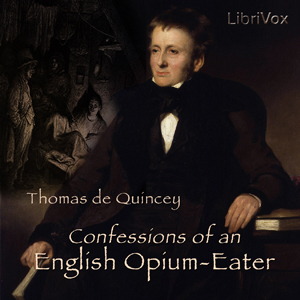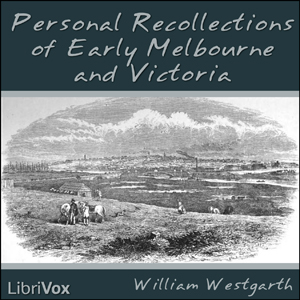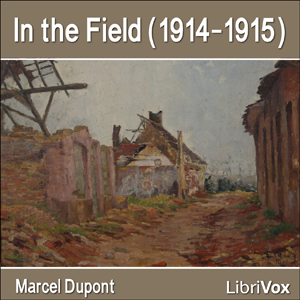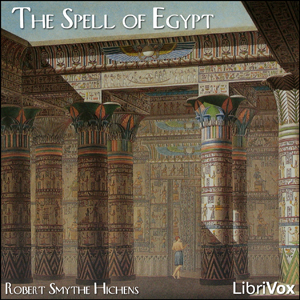- 01 - To the Reader
- 02 - "These preliminary confessions..."
- 03 - "So blended and intertwisted..."
- 04 - "Soon after this I contrived..."
- 05 - "Soon after the period of the last..."
- 06 - "I dally with my subject..."
- 07 - "So then, Oxford Street..."
- 08 - "And therefore, worthy doctors..."
- 09 - "The late Duke of --- used to..."
- 10 - "Courteous, and I hope indulgent..."
- 11 - "If any man, poor or rich..."
- 12 - "As when some great painter..."
- 13 - "I have thus described and illustrated..."
- 14 - "Many years ago when I was..."
- 15 - June 1819
- 16 - Appendix: December 1822
“Thou hast the keys of Paradise, O just, subtle, and mighty Opium!”
Though apparently presenting the reader with a collage of poignant memories, temporal digressions and random anecdotes, the Confessions is a work of immense sophistication and certainly one of the most impressive and influential of all autobiographies. The work is of great appeal to the contemporary reader, displaying a nervous (postmodern?) self-awareness, a spiralling obsession with the enigmas of its own composition and significance. De Quincey may be said to scrutinise his life, somewhat feverishly, in an effort to fix his own identity.
The title seems to promise a graphic exposure of horrors; these passages do not make up a large part of the whole. The circumstances of its hasty composition sets up the work as a lucrative piece of sensational journalism, albeit published in a more intellectually respectable organ – the London Magazine – than are today’s tawdry exercises in tabloid self-exposure. What makes the book technically remarkable is its use of a majestic neoclassical style applied to a very romantic species of confessional writing - self-reflexive but always reaching out to the Reader. (Summary by Martin Geeson)
Though apparently presenting the reader with a collage of poignant memories, temporal digressions and random anecdotes, the Confessions is a work of immense sophistication and certainly one of the most impressive and influential of all autobiographies. The work is of great appeal to the contemporary reader, displaying a nervous (postmodern?) self-awareness, a spiralling obsession with the enigmas of its own composition and significance. De Quincey may be said to scrutinise his life, somewhat feverishly, in an effort to fix his own identity.
The title seems to promise a graphic exposure of horrors; these passages do not make up a large part of the whole. The circumstances of its hasty composition sets up the work as a lucrative piece of sensational journalism, albeit published in a more intellectually respectable organ – the London Magazine – than are today’s tawdry exercises in tabloid self-exposure. What makes the book technically remarkable is its use of a majestic neoclassical style applied to a very romantic species of confessional writing - self-reflexive but always reaching out to the Reader. (Summary by Martin Geeson)
There are no reviews for this eBook.
There are no comments for this eBook.
You must log in to post a comment.
Log in











